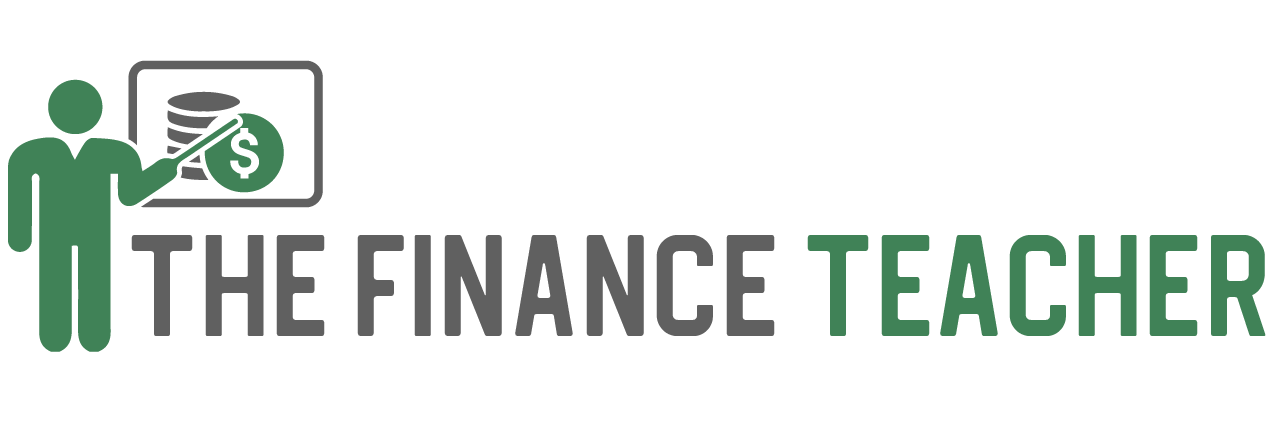How It Began
A few years ago, I was chatting with three students in my Grade 10 Advisory class about money and the share market. I’ve no idea how the topic came up. As the conversation progressed and the three demonstrated that they knew a little about how the share market worked, I noticed a rising interest in the remaining nine students in the room.

One asked simply ‘What actually is a stock?’. Another said that she hears her dad talking about that stuff but that she had no idea what it was all about. And then it happened … from the front of the room came a question. “Hey, sir, why don’t we learn that at school?”. “You could teach us that, right?”
So it began. A few weeks later I was conversing with the founder of the Young Investors Society in Hong Kong about starting up a club at our school.
The First Meeting
I scheduled the club to start during lunch. To my surprise, at the first offering, I had around 30 Grade 9 and 10 students joining lunchtime discussions, and lessons and entering an online stock market game. It was an instant hit.
I recall the very first meeting roughly as follows…….
I had planned a lesson and resources (slides and worksheets from the Young Investors Society website) but was worried that it might be a bit ‘dry’. I knew the main points that I wanted to make and the focus was going to be the power of compound interest and why it’s important to start saving and investing early.
But here’s the thing. These were 15-year-olds. They wouldn’t be interested in the long term. Surely they would be thinking about how they could get rich fast.
False Assumptions
I couldn’t have been more wrong. When I asked them about what they wanted to learn most, I was surprised when one girl said that the most important thing was not how to get rich now, but how to eventually be rich and maybe retire early if possible. Her understanding was that one day she would like to stop working and she didn’t want to worry about money then. She also didn’t want her family to have to support her in old age. The rest of the group agreed.
Suddenly explaining how saving just $100 per month for 50 years could be enough to reach a million dollars wasn’t going to be so hard.
Learn This Stuff Early
Many people retire at 65 years of age. A 15-year-old has 50 years of saving and investing ahead of them. Yet many of us don’t really start thinking about this until we reach our forties or fifties. What is worse though, is that most of us lack a basic understanding of what we should actually do with our income in order to move towards financial freedom.
The Stock Market Game
The year that I began the very first Hong Kong Academy Young Investors club was a challenging one, to say the least. Students signed up for an online game where they could buy $100000 worth of shares on the stock market. The money was fake, but the stocks and their prices were real. Student share portfolios fluctuated in line with Wall Street.
From the start, they could see a steady rise and fall from the original $100000 as the normal fluctuations occurred. Some faired better than others and a few lost some ground. I explained that the trend for as long as the stock market existed was up. But they had to be prepared for the falls as well. Some started to ask questions like “How can they reduce risks?” and “What’s an index fund?”. Things were progressing well for my investing students.

Then Covid 19 Hit
A few things suddenly impacted my little group of future millionaires. Firstly they all started losing money as the real-world stock market crashed. Secondly, we soon found ourselves off campus and working and learning from home. Momentum didn’t completely stop. But it certainly slowed. We continued, and I’m sure that the students learned a lot.
But by the time things really got back to normal, I had run out of patience with Hong Kong, with its quarantine rules and isolation from family. So I decided to move. I headed off on a new adventure and a new job in Thailand.
New School, Same Questions
The good news? Three months into my new job and while teaching an economics unit (again to a Grade 10 class) the question came out again. “Mr Mark, why don’t we learn about money and investing at school?” A week later we had our first after-school Young Investors meeting.
So I’ve realised, that the stuff that I was never taught at school, really is the stuff that students want to learn. It’s also our responsibility to teach financial literacy and money management. It’s not just about the stock market, but also about our relationship with money. Here is a list of a few of the things that I think we should be teaching teenagers.
We Should Be Teaching:
The costs and benefits of education
The world of work – wages, salaries, taxes and employment responsibilities
Starting a business
Spending and budgeting
The real value of money and how to spend it responsibly
How debt and interest rates work
Where we should put our savings
Compound interest
Buying a car and buying a home
Planning for retirement
These are the things that I will continue to teach at school and here at www.thefinanceteacher.com
Related links:




Very informative! Your insights are highly valuable. For additional details, check out: LEARN MORE. What are everyone’s thoughts?